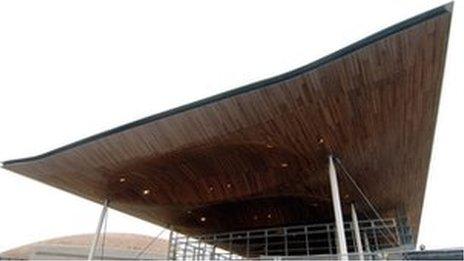No complaints about Welsh lobbying says standards commissioner
- Published
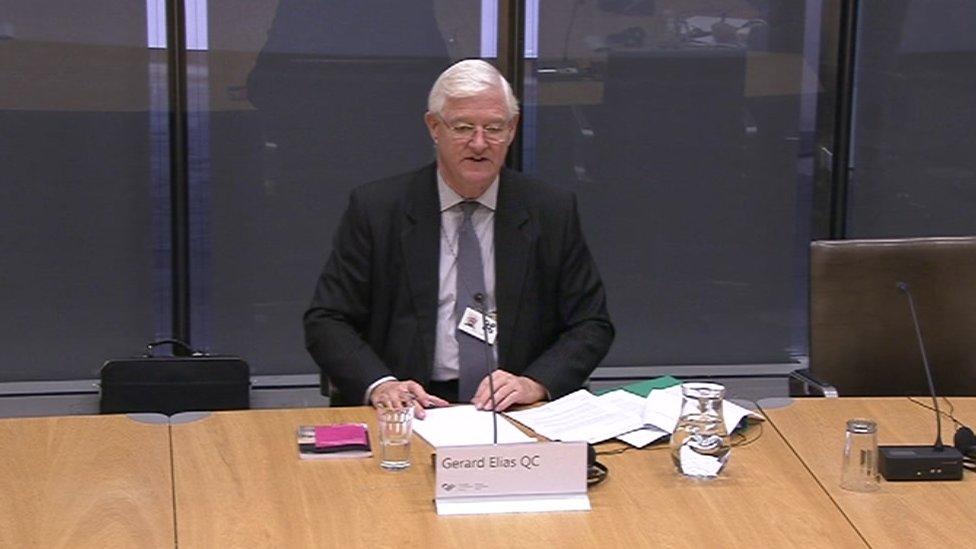
The assembly's outgoing standards commissioner Gerard Elias has told AMs he has had no complaints about lobbying in Wales.
AMs on the standards committee are holding an inquiry into whether there should be tougher regulation.
Both Scotland and Westminster have introduced registers but Wales has not.
One campaigner said Wales would maintain its reputation best if it opened the sector up to scrutiny now.
Lobbyists are companies or individuals paid to influence government decisions.
Plaid Cymru AM Neil McEvoy used an assembly debate earlier this year to call for lobbying in Wales to be regulated and for lobbyists to be required to register.
He argued regulation would ensure a transparent culture in the assembly so it is known who commercial lobbyists work for.
But Mr Elias, who is due to be replaced by Sir Roderick Evans in December, told the standards committee: "There have been no complaints to me in relation to any aspect of lobbying at the National Assembly".
'Significant resource implications'
His comments are part of a briefing he wrote for the committee ahead of his appearance before AMs on Tuesday.
The standards commissioner also told the committee that setting up a statutory register of lobbyists would "undoubtedly" have "significant resource implications".
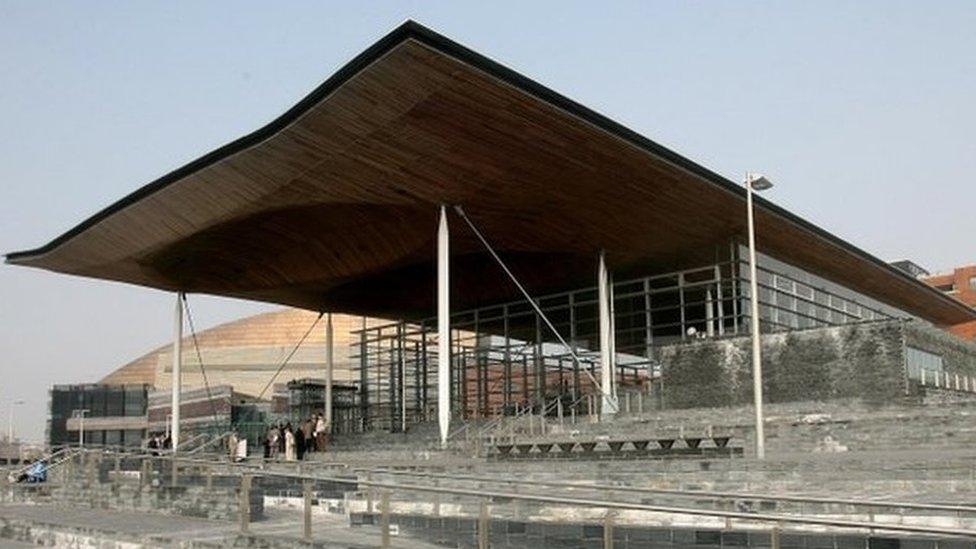
Tamasin Cave, who leads the Alliance for Lobbying Transparency, said AMs should open up lobbying to scrutiny to maintain Wales' reputation
Tamasin Cave, who leads the Alliance for Lobbying Transparency, said: "One of the chief concerns surrounding lobbying is that it is happening covertly. We simply do not know who is having a quiet word with whom in government, nor what deals are being done.
"That goes for politicians in Cardiff as well as Westminster."
A straightforward way of opening up lobbying is through a lobbying register, she said, requiring paid lobbyists to state who they are, who they are lobbying for, who they are lobbying in government and what they are seeking to influence.
"Wales has not suffered anything like the scandals involving lobbyists that routinely dog Westminster. The best way to maintain this reputation, however, would be to open lobbying up to scrutiny now," she said.
'Code of conduct'
Huw Roberts, chairman of prominent commercial Welsh lobbying company Deryn, said his company published a list of clients and employees and followed a "strong code of conduct" as members of the industry's self-regulatory body, the Association of Professional Political Consultants (APPC).
The chairman of the APPC, Mark Glover, added it was "vital" the consideration of any new Welsh register "provides consistent levels of transparency for both consultant and in-house lobbyists and is not overly bureaucratic or costly".
In 2013 the then assembly standards committee concluded AMs should face tighter scrutiny but not a full official register.
First Minster Carwyn Jones has said lobbyists do not have access to Welsh ministers.
Assembly members on the committee agreed to hold a written consultation on the issue at its meeting on Tuesday.
- Published1 November 2016

- Published20 October 2016
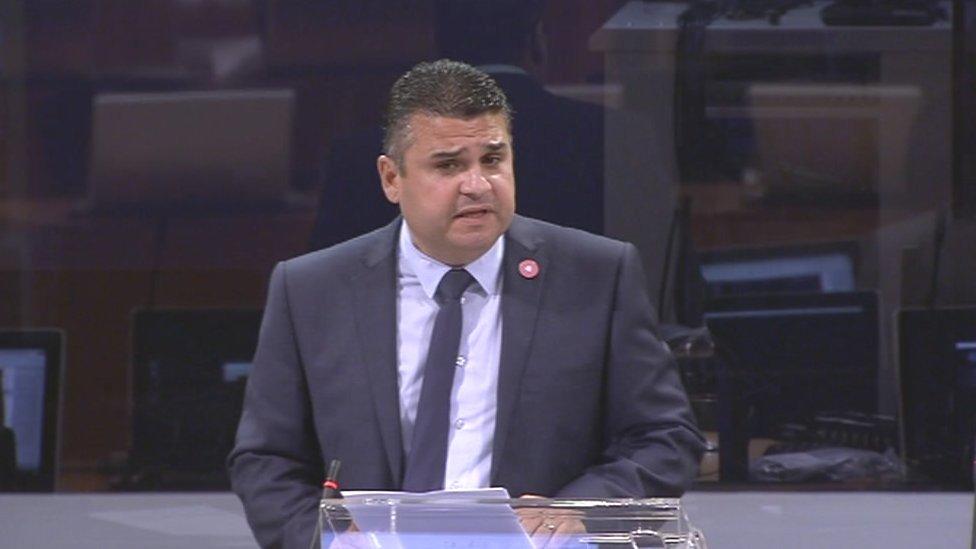
- Published10 March 2016

- Published25 March 2015
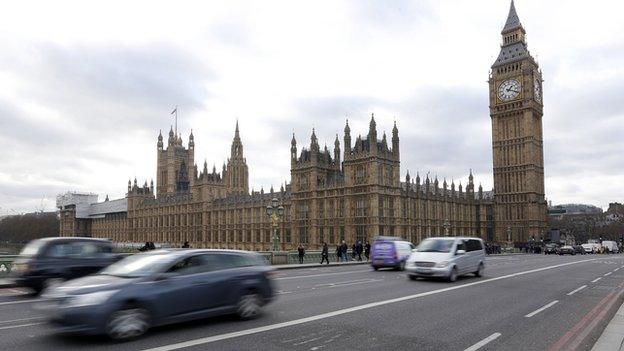
- Published13 June 2012
